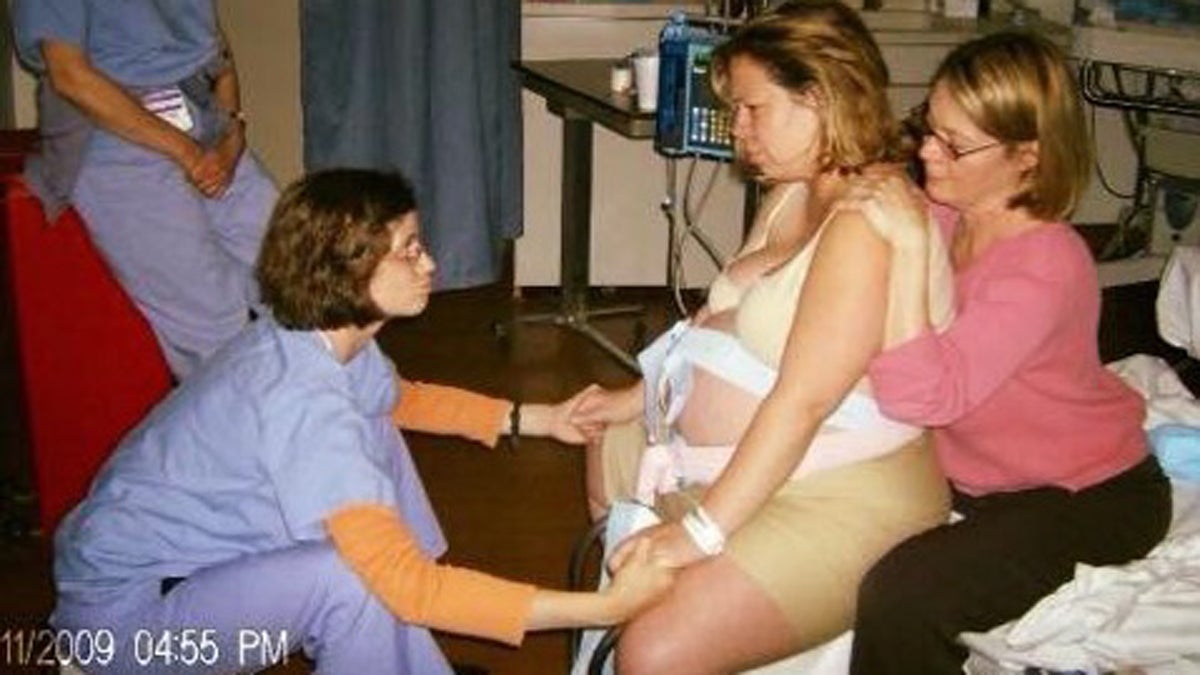Brief training could help OB-GYNs treat LGBT patients

Randi Singer
Since same-sex marriages were legally recognized in the United States last year, LGBT advocates continue pushing for changes in other realms, including a more inclusive health care system.
Randi Singer has worked as a midwife for years. She recently researched whether a short training for OB-GYN providers could affect the way they treat LGBT patients who want to discuss pregnancy or are pregnant already.
During short training sessions for physicians at Philadelphia- and Chicago-area hospitals, Singer said she started off with the basics, including vocabulary.
“I then move quickly to real-life case examples where a midwife inadvertently offends a transgender couple. This case offers an example for how language is so important,” she said.
In the example, a woman and her partner, a transgender man, get in vitro fertilization. Finally, the woman gets pregnant. When they go to see the obstetrician, the midwife walks in the door and sees what is assumed to be a stereotypical, cisgender man and woman. All the midwife knew was that they had used in vitro, not that it wouldn’t be possible for the transgender man to impregnate his wife.
The midwife congratulates the couple, saying “after a year of trying the old-fashioned way …” even though, in fact, they were using a turkey baster before they tried in vitro. The couple walked away from the situation feeling offended, and decided to search for a more inclusive OB-GYN practice.
Research has found that many LGBT patients don’t feel comfortable or welcome in traditional health care settings. And when it comes to pregnant LGBT patients, that comfort is especially important, Singer said. If a patient suspects something is wrong with their baby, seeking medical assistance is vital. Fear of discrimination from physicians shouldn’t be a barrier to getting help in an emergency, she said.
Singer’s analysis found that the instruction helped physicians feel more prepared to treat and talk to LGBT childbearing patients.
“With a sense of ownership over the material and an understanding of identity versus biology, health care providers will have a foundation with which to ask appropriately worded interview questions and to offer individualized and unbiased care,” Singer said.
WHYY is your source for fact-based, in-depth journalism and information. As a nonprofit organization, we rely on financial support from readers like you. Please give today.

